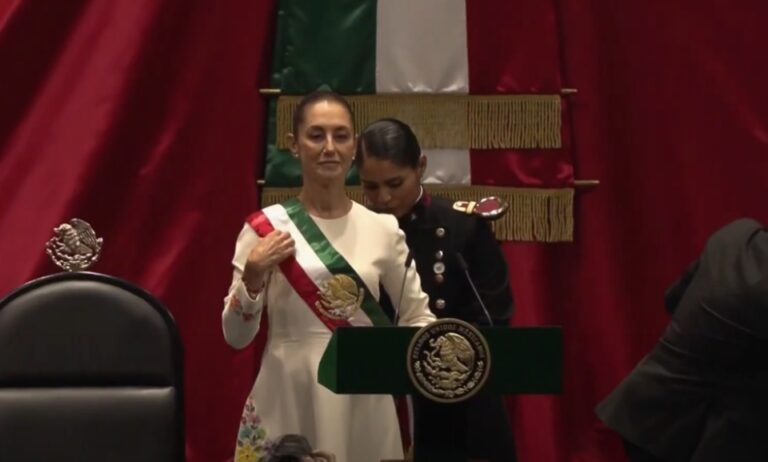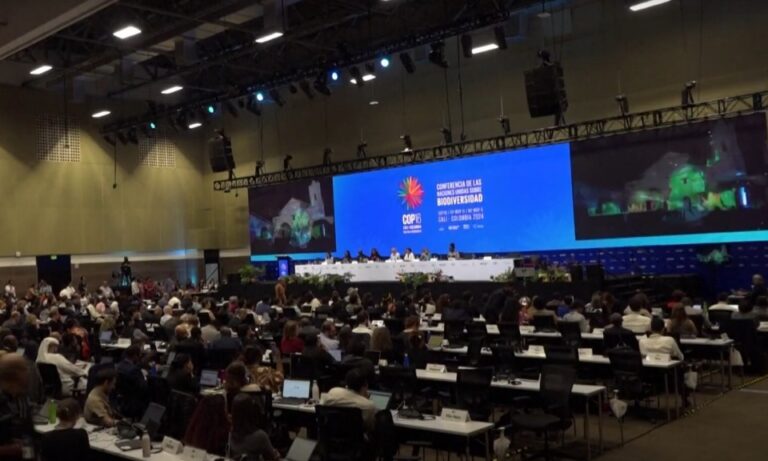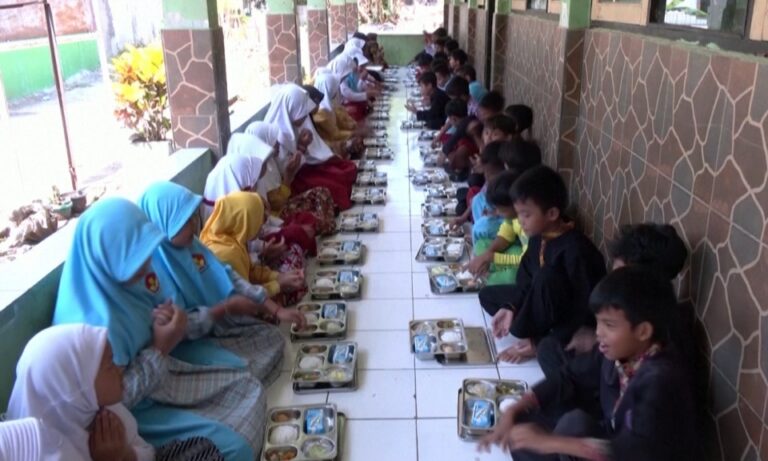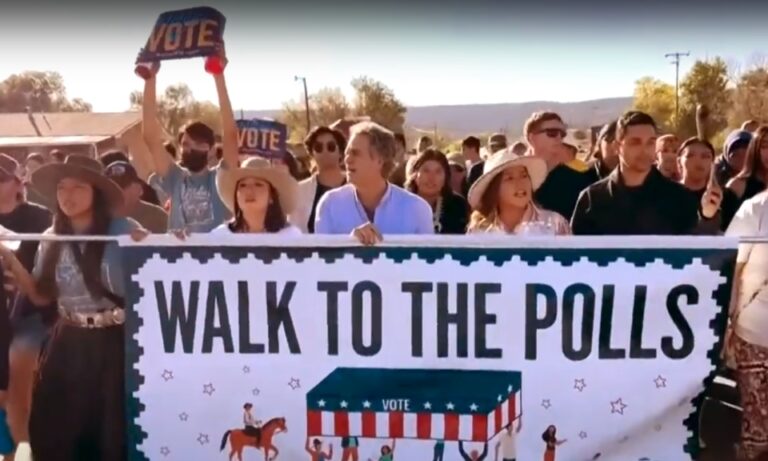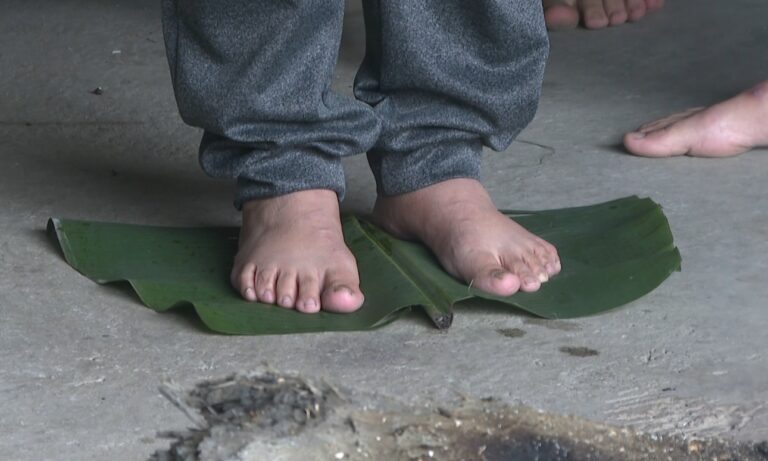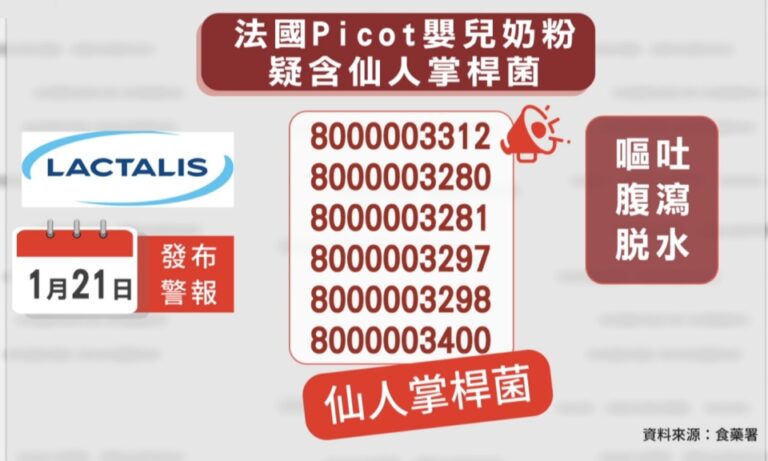在總統與家屬見證下,南非在9月27日從鄰國辛巴威,迎回42位反種族隔離運動者的遺骨;經過數十年,這些客死他鄉的鬥士,終於能夠回到祖國。
南非總統 Cyril Ramaphosa:「Decades ago, these freedom fighters left a country that was at war with itself. They left a country in which the fundamental rights of its people were brutally and cruelly suppressed by the system of apartheid which was declared a crime against humanity.」
(數十年前,這些自由鬥士離開了這個自相殘殺的國家、離開了種族隔離制度下人民基本權利遭到殘酷鎮壓的國家,這個制度後來也被認定為反人類罪行。)
南非在20世紀下半葉,實施嚴格的種族隔離制度,反對種族隔離的運動遭到血腥鎮壓,許多運動者逃到國外就再也沒能回家;例如這次遺骨返回南非的Basil February,在60年代加入反種族隔離的武裝抗爭,但1967年在現在辛巴威國境內籌畫行動時遭到殺害,他的家人始終不知道他的遺骨下落,直到今年才在辛巴威政府合作下找到他的墓地,展開移靈安葬。
反種族隔離運動者弟弟 Terry February:「We did not know that his remains were in exactly this spot where it is now, we’ve been looking for that for many, many, many years. For decades in fact, since 1967. And so, we made effort during the years to try and find where his burial site will be, but we were obviously unsuccessful, and it was, I think, about two years ago, with the cooperation of the Zimbabwean government that our structures in South Africa were notified that they think they have found Basil’s remains, his gravesite.」
(我們並不知道他的遺骨在此處,已經尋找了很多年,事實上1967年到現在已經找了幾十年,這麼多年來我們很努力想找到他下葬的地方,但顯然沒有成功;大概兩年前與辛巴威政府合作,我們南非的機關才接到通知:他們找到了(哥哥)Basil的墓地。」
雖然南非早在1990年代初期就解除種族隔離制度,但政府一直沒有採取官方行動尋找這些流亡國外的反種族隔離運動者遺骨,運動者家屬必須親自追查遺骨下落,遺骨返還的過程與方法,也必須自己與外國政府協調折衝;近年來南非政府才成立任務小組,從辛巴威與尚比亞兩國開始系統性尋找運動者遺骨下落,並且與當地政府、歷史學家和當地社區合作,確保各方在過程中獲得該有尊重,終於在今年9月迎回第一批遺骨。
南非國家檢察機關失蹤人口任務小組組長 Madeleine Fullard:「Our mandate is to search for the remains of those who disappeared or died in, or as a result of, the conflicts of the past, and we’ve mainly worked inside South Africa to date, but this is now the launch of a process of tracing those who died or disappeared outside the borders of South Africa, and to bring them home for their families where possible.」
(我們的職責是尋找過去衝突中死者或是失蹤者的遺骨,之前我們工作範圍主要是南非,但現在啟動了一套方法尋找那些在南非境外死亡或失蹤的人,並盡可能將遺骨帶回來與家人團聚。)
對於許多運動者家屬來說,透過這樣的一場儀式,讓他們能夠回憶家人生前的事蹟、並且終於能夠回到祖國的土地安葬,都能撫慰他們的心靈。
反種族隔離運動者女兒 Lindiwe Xabanisa:「If it’s possible that people who have passed on can see us.
He is so very very happy,
that today, my only child my only daughter
made sure that at last, I return back to South Africa where he was coming from.
Do you understand?
He is going to rest in peace on the land,
where he came from. In his soil
(如果去世的人看得到人間的話,他一定會非常高興,今天,他唯一的女兒讓他終於回到祖國南非,你懂嗎?他可以在這片土地安息,他家鄉的土地。)
不過也有家屬感到可惜,遺骨的回歸來得太晚,現在政府即使開始跨出第一步,也有許多家屬等不到這一刻,就已經凋零。
反種族隔離運動者弟弟 Terry February:「Do I believe that this could have happened earlier? Absolutely. It could have happened earlier. It would have been great if this could have happened when my mother was alive. She mourned from the day when Basil died, when we received the news so brutally from the security branches in those years. Who said:”we are just here to tell you that we have killed your pig”. And mom collapsed, she went into a comma but from that moment on she mourned. All the years.」
((遺骨回歸)是不是可以早一點發生?我認為絕對可以早一點,如果可以在我母親還在世時歸還那就太好了!她從Basil死的那天就不斷哀悼,當時我們被告知的方式十分殘酷,他們說:「我們要告訴你,我們殺了你家那頭豬。」我媽聽見就昏倒了,但之後這麼多年,她不斷哀悼。)
南非種族隔離結束至今30多年,仍然有許多歷史正義工作沒有完成;特別是,在許多複雜因素交織下,轉型正義腳步往往緩慢、留下許多遺憾,主事者必須時時記得,遲來的正義不是正義。
責任編輯:林懷恩


